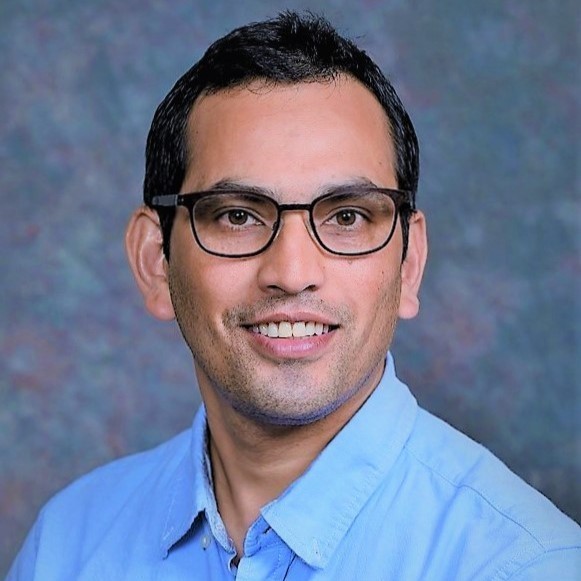Food Science
This multidisciplinary degree program applies the basic sciences such as chemistry,
biology, physics, and engineering to improve the quality, safety, and nutrition of
food. Students receive training in areas such as food chemistry, food safety, nutrition,
food processing and product development in a supportive environment with mentorship
and many opportunities for experiential learning. This degree has two tracks, science and technology and business and industry. However, all students complete a core food science curriculum and an internship
and then complete additional courses in their track. Graduates have found employment
with major food companies, as well as federal and state agencies. Many have pursued
graduate or professional studies.
Admission Information | Scholarship Information
Food Science Faculty Profiles
 Neil James, Ph.D.
Neil James, Ph.D.
Associate Dean, Academic Programs
Neil.James@famu.edu
(850) 599-8816

Assistant Professor
Ph.D., Louisiana State University
Email: vijay.chhetri@famu.edu
Areas of Interest: Dr. Chhetri’s research involves understanding the dynamics of survival and growth of human pathogens in food and developing novel pre and post-harvest intervention technologies to improve the quality, safety, and sustainability of fresh produce grown in controlled environment agriculture (CEA) and conventional farming. The intervention strategies mainly focus on eliminating major foodborne pathogens, including E. coli O157: H7, Listeria monocytogenes, and Salmonella spp. Dr. Chhetri’s extension program aims to help growers and processors comply with FSMA requirements

Ph.D., Florida State University



